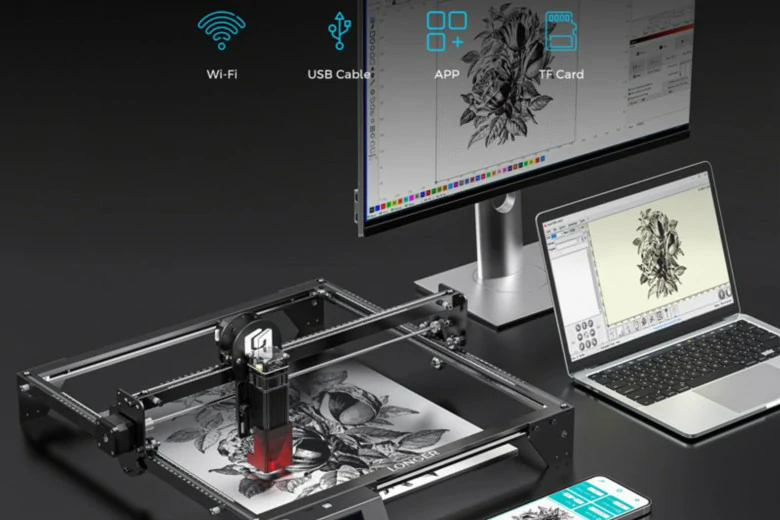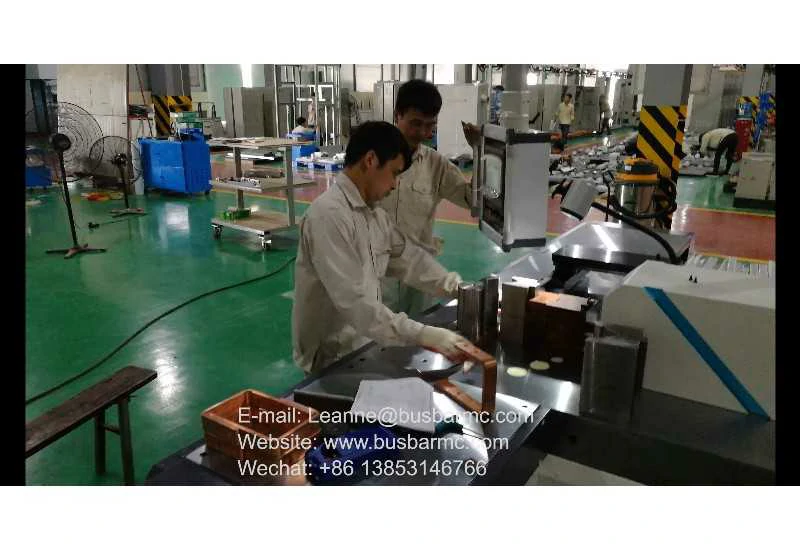Japan’s Institute of Physical and Chemical Research (hereinafter referred to as: RIKEN) announced on March 9 that Japan’s first domestically produced quantum computer will be available through the Internet at the end of March. The move will promote the use of quantum computers by companies and universities to advance the development of materials and revolutionary new drugs that can help achieve decarbonization. In the field of quantum computer development, Google and other American and Chinese companies have been at the forefront of the world. Riken will simultaneously promote machine development and front-line application to contribute to securing Japan’s industrial competitiveness.
Quantum computers can solve complex problems more than 100 million times faster than supercomputers. In addition to predicting the financial market, it is expected to be applied to a wide range of industries such as chemicals, pharmaceuticals, and automobiles, and has the potential to bring about innovations such as new product development.

Riken’s Japan-made quantum computer uses a superconducting circuit that eliminates resistance after cooling to an extremely low temperature to perform calculations. At the end of March, it will be opened on the cloud on the Internet, and companies will be recruited to use it.
The performance criterion for a quantum computer is the number of “qubits” that are the basic unit of computation. Riken’s first machine has 64 qubits, surpassing the 27-qubit model that IBM in the United States will set up in Kawasaki City in 2021. Even from a global perspective, performance is high.
The IBM products installed in Kawasaki are only allowed to be used by the affiliated companies of the alliance composed of Toyota and Sony Group, which is centered on the University of Tokyo.
Riken’s equipment can be widely used in companies and universities. It can also be used remotely through the cloud. It is expected to be used in various fields, and start-up companies with little experience in using high-speed computers can also acquire expertise in the application of quantum computers through cooperation with Riken.
The calculation method of quantum computers is different from that of current computers, and those who use them for research also need new technologies. Not only physical knowledge such as quantum mechanics is required, but new software that may connect quantum computers to product development systems is also required. Enterprises and universities also need to promote talent cultivation and knowledge accumulation.

Quantum computer technology is still in development. Riken’s machine is also a prototype machine, so it will be combined with Japan’s supercomputer “Fuyue”, and only let the quantum computer undertake core calculations, and strive to achieve practical use in 2025.
In the field of quantum computer development, the United States has always been a leader. IBM released a quantum computer in the United States in 2016, making quantum computers available to businesses and the like. In 2019, Google successfully realized the basic experiment of “quantum transcendence”, and it took about 3 minutes to solve the problems that took 10,000 years for supercomputers to solve in the past.
Chinese enterprises have also risen significantly. The University of Science and Technology of China is engaged in cutting-edge research, and companies such as Baidu are also accelerating development. According to statistics from the Japan Science and Technology Agency, China has the most patents related to quantum computers from 1990 to 2021, with about 2,700 items. This is followed by the United States, with about 2,200 entries. Japan is in third place with 885 entries.
Starting with Riken’s first quantum computer, Japanese companies will accelerate their counterattack. Fujitsu will accept the technology and experience provided by Riken to complete the development of quantum computers within 2023. The University of Tokyo and NTT have developed quantum computers using other methods of optical technology, which will be available in the cloud in 2024.
The Boston Consulting Group predicts that quantum computers will generate up to $850 billion in economic value by around 2040.



